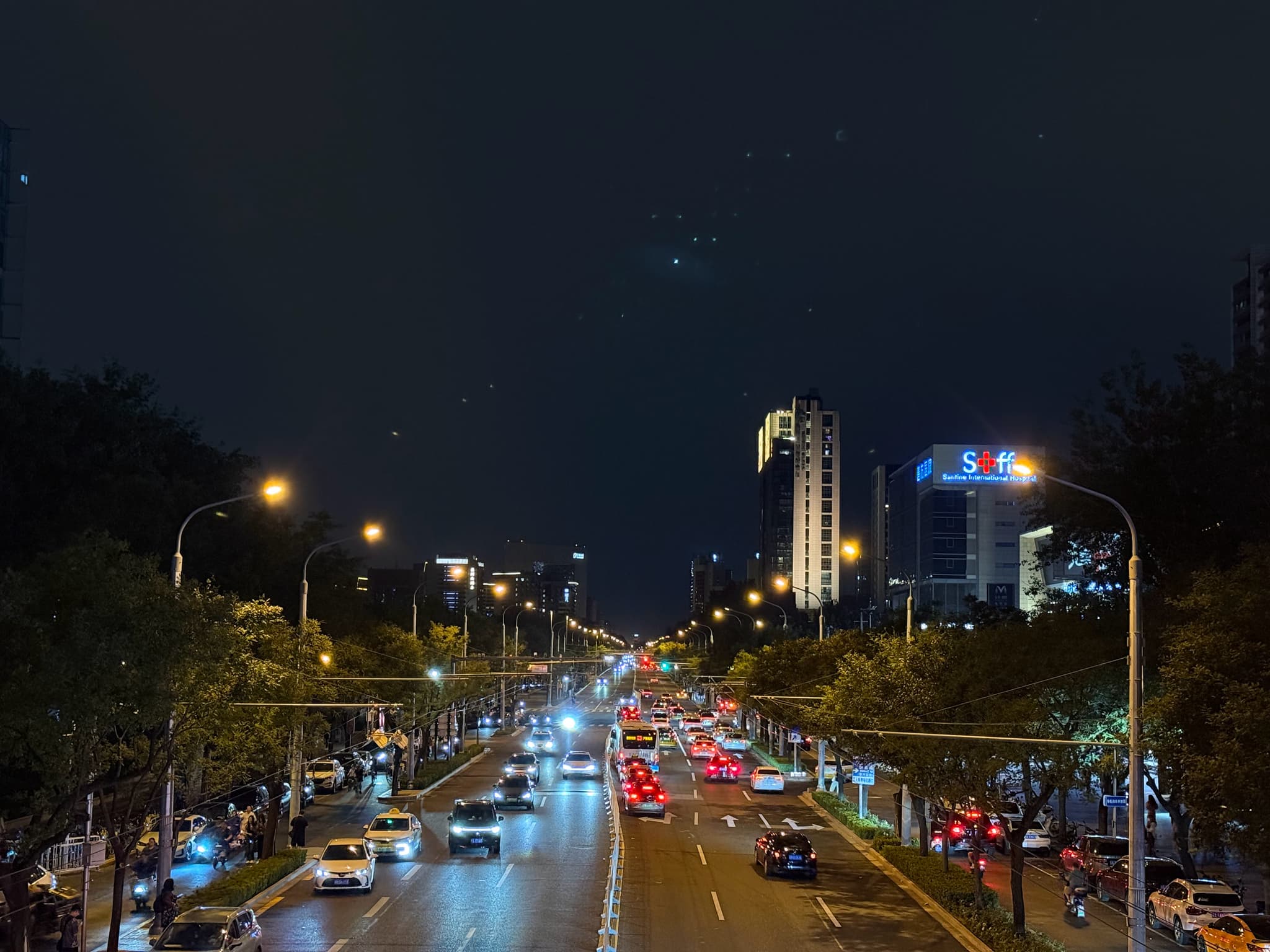Chinese Tourist Held 'Hostage' by Bus Driver, Jilin Authorities Respond Swiftly
Local authorities in Jilin province have responded swiftly after a social media post by a Chinese national went viral, detailing her experience of being held "hostage" by a bus driver who demanded extra money during a trip to the famous Changbai Mountains.

17 February 2024
On February 24, the user, known as Pú Yuánhuì, posted a message on Chinese social media platform, Weibo, accusing the driver of refusing to continue driving their group's vehicle from Changbai Mountain to nearby Yanji city unless they paid extra money. Pú claimed the driver had initially agreed on a price but later demanded an additional "equipment fee" for waiting during the group's stay in Changbai.
The post quickly garnered attention from Weibo users, who expressed outrage at the driver's tactics, describing the situation as "being held hostage" and demanding swift action from the local tourism authorities.
The Jilin Tourism Department responded promptly, announcing that they had intervened in the incident and resolved the problem. Pú later updated her initial post, thanking the department for their intervention and confirming that the issue had been resolved.
Meanwhile, Jilin authorities launched a comprehensive investigation into the driver's actions, promising to "severely punish" any violations of the law.
This is not the first time that local tourism authorities have been criticized for shoddy service and lackadaisical enforcement of rules. In the past, complaints have ranged from overcharging tourists to poor infrastructure and lack of amenities at tourist destinations.
However, despite such incidents, Changbai Mountain remains a popular tourist attraction, famous for its stunning vistas and unique natural features. The recently reported incident serves as a reminder for local authorities to uphold high service standards and ensure the safety and satisfaction of visitors.
The swift response of the Jilin Tourism Department in resolving Pú's issue and launching a thorough investigation into the driver's behavior has been praised by Weibo users. Some have commended the authorities for their transparency and efficiency in handling complaints, while others urged them to continue to maintain rampant and swift action against unscrupulous service providers in the future.
This incident, while unfortunate, has highlighted the effectiveness of social media in allowing consumers to report and demand redress for poor services. In the age of digital connectivity, authorities and service providers must be vigilant and responsive to the needs and expectations of tourists, lest they face public scrutiny and potential loss of business.
In conclusion, the prompt action taken by the Jilin Tourism Department in response to Pú Yuánhuì's complaint is a welcome development and a testament to their commitment to providing high-quality services to tourists. It also underscores the power of social media in empowering consumers to voice their concerns and demand accountability from service providers.
Share this article
Related Articles

Beijing Lights Up Its Nightscape: A New Era for the Capital’s Night Economy and Culture
By Trending on Weibo
Travel
2 Sept 2025
Backlash Over “Overly Strict” Management of Hangzhou’s West Lake Sparks Debate on Preservation and Tourism
By Trending on Weibo
Travel
2 Sept 2025

Women Hire 24 Helpers to Ascend Mount Tai, Prompting Debate Over Luxury Tourism and Gig‑Economy Services
By Trending on Weibo
Travel
29 Aug 2025
Red Worms Discovered in Luxury Hotel Bathtub Ignite Hygiene Crisis and Social Media Outcry in China
By Trending on Weibo
Travel
28 Aug 2025
Queue Clash at Universal Studios Singapore Sparks Debate Over Chinese Tourist Etiquette and Cultural Norms
By Trending on Weibo
Travel
19 Aug 2025